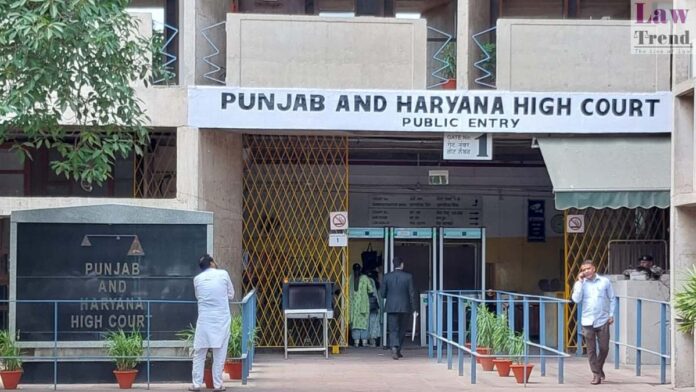The Punjab and Haryana High Court has dismissed a batch of petitions filed by nearly 70 part-time workers of the Punjab State Power Corporation Limited (PSPCL) seeking regularisation of their services. The court held that employees not working against sanctioned posts and engaged for only a few hours a day cannot claim the right to regularisation.
A bench of Justice Harpreet Singh Brar observed that the judiciary cannot compel the state or its undertakings to create or sanction posts. “In the present case, the corporation is free to create a fresh policy for regularisation of those employees who are similarly situated as the petitioners. This court cannot issue a writ compelling the respondents to create or sanction posts for the regularisation of part-time workers, or to frame a specific policy,” the bench said while rejecting the petitions, which had been pending since 2024.
The part-time workers had relied on a March 1999 government policy for regularisation of services of part-time employees who had completed 10 years of service, with a cut-off date of February 2006. They argued that while 352 employees were regularised under this policy, many similarly situated workers were denied the same benefit. Terming the cut-off date “artificial and discriminatory,” the petitioners claimed the denial violated the principle of equality.
PSPCL countered that the 1999 policy applied only to 25% of vacant Class IV posts. According to the corporation, all eligible part-time employees were regularised within that ceiling, and granting the same benefit to others would breach the policy’s limits.
Agreeing with the corporation’s submissions, the high court noted that the petitioners were engaged for no more than four hours a day and were not working against sanctioned posts. “Being engaged only part-time, he remains free to take up employment elsewhere and faces no restraint from working for another establishment during the remaining hours. The contention that such part-time engagement makes it nearly impossible for him to secure work for the rest of the day is founded merely on surmises and conjectures and, therefore, is untenable,” the order recorded.
The court also underlined that the object of the 1999 policy had already been achieved and that employees not completing 10 years of service by April 2006 could not claim regularisation.
Justice Brar emphasised that the power to frame schemes, create posts, or sanction them rests solely with the government. “The formulation of schemes, as well as the creation or sanctioning of posts, lies exclusively within the prerogative of the government, and does not fall within the functions of the court,” the bench observed, adding that such decisions involve economic considerations and cannot be usurped by the judiciary.
Consequently, the petitions were dismissed, bringing an end to the long-standing dispute.




